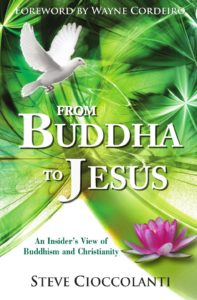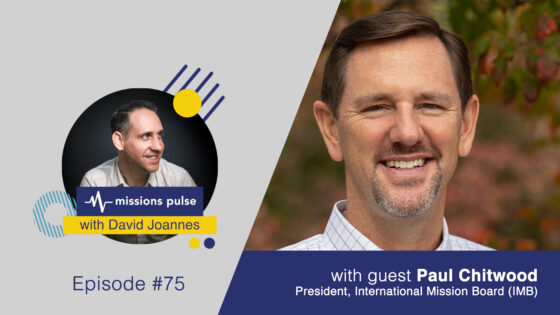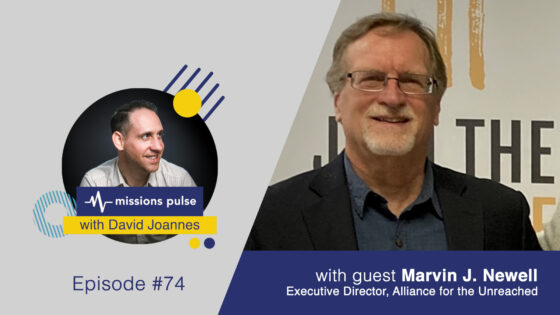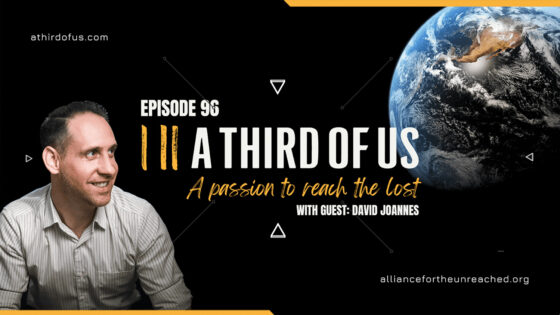Date read: 03.09.2017. How strongly I recommend it: 7/10.
See my Kindle highlights here.
TARGET AUDIENCE
This book targets three audiences: the Christian who seeks to share the Gospel in relevant ways to Buddhists, the Western individual who has got a sour taste from Christianity and therefore gravitates toward Buddhism, and the Buddhist who is seeking to find the eternal answers that Buddha himself alluded to. At certain points, each of these three demographics will be challenged by the thoughts that the author imparts. They may also, at times, be equally turned off by the author’s words as the reader unwittingly endeavors to find excuses to remain in their present state, unchanged, unchallenged, unwilling to take action.
CONTENT QUALITY
The content of this book is, in many ways, one of a kind. Rarely (if ever) will you hear that “Buddha and Jesus have a lot in common” which the author states multiple times. He also gives many examples of why he considers this a valid statement. The author says, “What I intend to emphasize are the many largely unknown similarities between Buddhism and Christianity, which can serve as a starting point for cross-cultural communication. Yet I will be clear about what the differences between Buddhism and Christianity are.” His focus on Buddha’s teachings as a bridge for Christian evangelism of Buddhists is quite powerful. There are stories about the life and teachings of Buddha that you will have never heard elsewhere, and that can certainly be used to present the Gospel in a relevant manner when sharing your faith with a Buddhist.
MESSAGE CLARITY
Some may be turned off by the correlations that the author makes in this book. The author aptly addresses “syncretism” at the end of the book. As for myself, I was not turned off in the least. The author clearly states, “Rather than attacking people’s religions or overloading them with Christianity, I believe Christians need to learn to ask better questions.” This book brings much clarity about how to effectively start by listening, learning, and understanding the worldview of a Buddhist. I think it is appropriate to mention the author’s strong distinction between cultural Buddhism (a Thai Buddhist, for example) and the unique and incomplete style of Buddhism that has permeated the West. “Buddhism is certainly not about Buddha bringing world peace to the earth,” says the author. “Buddhism is not about the goal of achieving personal happiness. Buddha did not teach this. This is Western humanism hijacking Buddhism.” I believe he clearly brings a lot to the table and challenges the reader to consider Buddha’s original intent in many of his statements, even those that direct his followers to a coming Savior.
CREATIVE STYLE
The creativity in this book can be depicted by the untold stories that the author shares about the life and teachings of Buddha. I found these very helpful in sharing the Gospel to Buddhists. The creativity of the overall layout of the book, however, suffers in some ways. The narrative often feels like it jumps back and forth between points. The redundancy (though I believe is meant by the author to serve as a nemonic for Christians who seek to witness to Buddhists) was at times irksome to me. I felt that the flow of this book might have worked better if reorganized with a bit more focus and clarity.
LANGUAGE SELECTION
The author does a good job of sharing words as found in original and Thai texts. I appreciate learning these new words as they carry the pure essence of a historical teacher like Buddha. But, in my opinion, the book is so “easy to read” that it lacks a certain poetic voice that I was expecting on the subject of Buddha and Jesus. I would have liked the author’s voice to feel more authoritative rather than colloquial and conversational. This style felt a bit too contrived for my taste.
OVERALL IMPACT
After finishing this book, I was challenged by new ways of sharing my faith with Buddhist adherents. The author often returns to his original purpose: contextualization. “We are to search for gems of truth that remain in humanity’s traditions, and dig out nuggets of life in non-Christian cultures. This is not to replace the preaching of the Gospel, but to prepare people’s hearts to hear the Gospel in a culturally relevant way.” I feel that this book will be used to embolden Christians to share God’s love with Buddhists, awaken Western adherents to Buddhism to see the truth of this religion, and help true Buddhists to understand that Jesus is the culmination of Buddha’s teachings.
10 POINT RATING
I give From Buddha to Jesus a 7/10.



